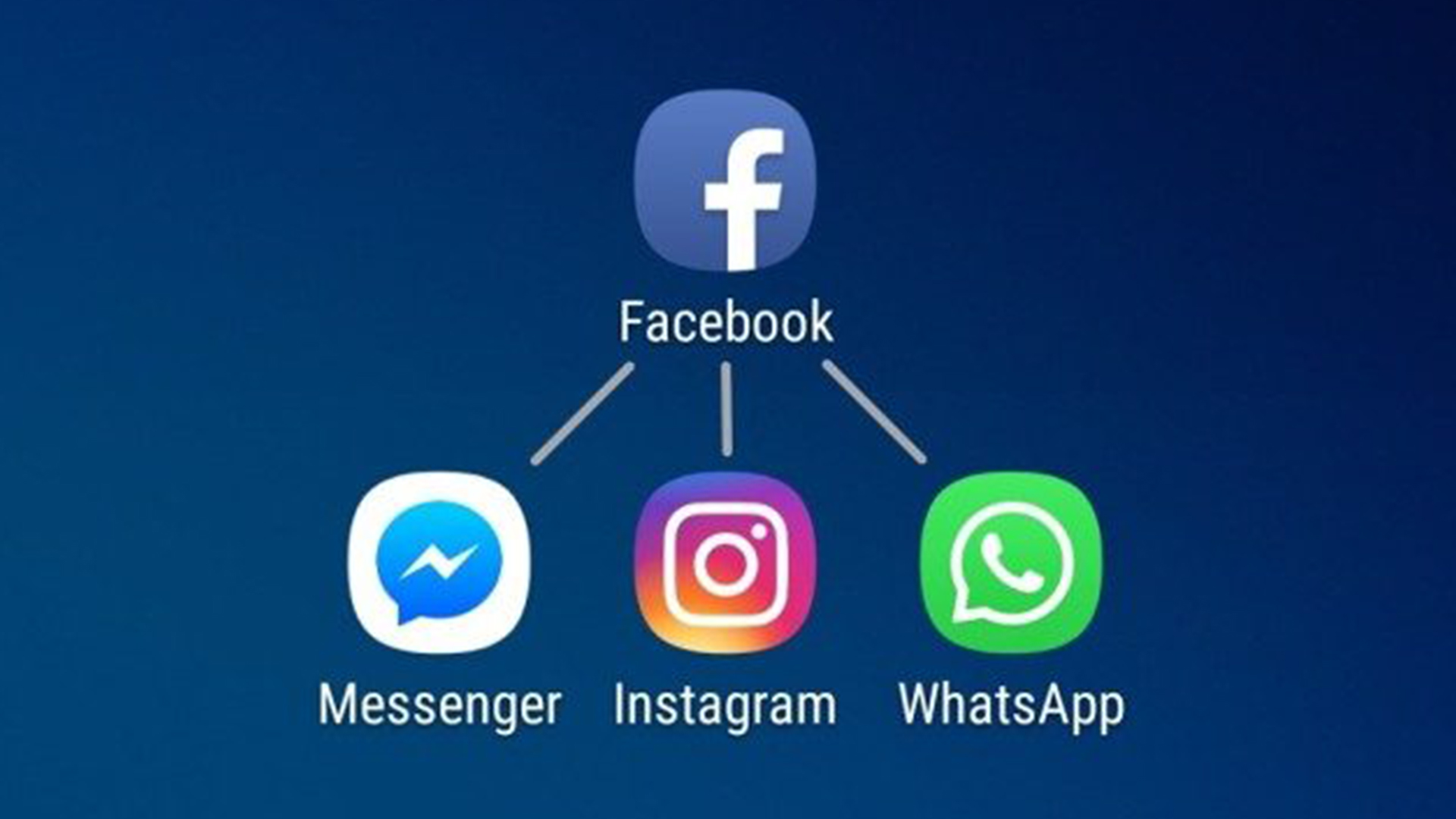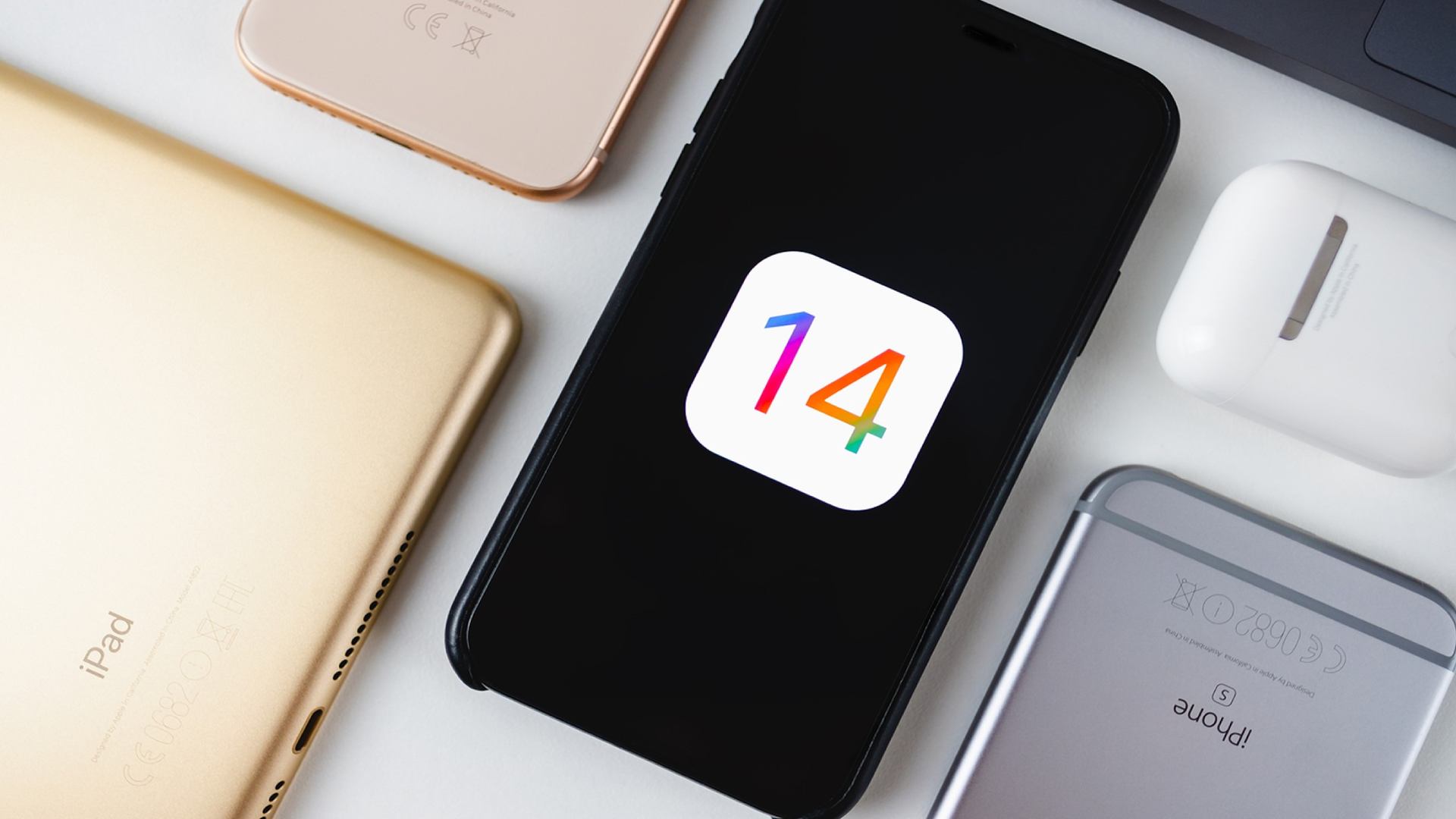
Have you participated in the FaceApp Challenge yet? The viral social media phenomenon, in which people post selfies filtered through new photo app FaceApp to make them appear 50 years older, has been buoyed by the participation of waves of celebrities and star athletes.
But, like all things seemingly harmless and fun in the modern age, the FaceApp Challenge exists in a nexus point between the joys and ills of our digital sharing culture. With millions of users having already filtered their selfies through FaceApp, concerns continue to mount over the privacy protections of an app originating in a country not exactly known for its consumer protections.
Certain questions become inevitable. Is the fleeting thrill of recognition and validation on social media worth the privacy we sacrifice to achieve it? What do we really give up when we yield our privacy rights online? What would anyone want with a bunch of old faces?
How did privacy concerns over Faceapp originate?
Some clarity is emerging after a week of alarmist confusion over data security and the surveillance state. Believe it or not, the FaceApp has been around for two years (and once included the rather controversial “ethnicity filters” which did exactly what they sound like). However, only recently did the app’s ageing filter become a viral sensation. The FaceApp has its origins in Russia, a country most frequently in the news these days for its exploitation of social media and online data to interfere in recent US elections.
Alarm bells went off on 15 July when accomplished app developer Joshua Nozzi suggested the app was uploading all the photos in a user’s phone gallery without asking. Only 48 hours later, US Senator Chuck Schumer was issuing a formal request to the FBI to investigate the privacy concerns surrounding the app.
The app’s terms of service also raised alarm bells. The app claimed “perpetual, irrevocable, nonexclusive, royalty-free, worldwide, fully-paid, transferable sub-licensable license to use, reproduce, modify, adapt, publish, translate, create derivative works from, distribute, publicly perform and display your User Content and any name, username or likeness provided in connection with your User Content in all media formats and channels now known or later developed, without compensation to you.” Phew.
These concerns, however, have turned out to be a bit misplaced. No sooner had Senator Schumer requested the FBI investigate the FaceApp, Nozzi issued a retraction and an apology.
Turns out the FaceApp wasn’t raiding your phone’s data the moment you open it. Photos are not collected in Russia but stored on American servers (mostly owned by Amazon and Google) and your data can be deleted upon request.
Protecting your face’s privacy
Unfortunately, the privacy concerns we (somewhat) falsely associated with the FaceApp are not particularly dissimilar to the privacy concerns we currently tolerate from tech giants like Facebook and Google. If you want your information deleted from the FaceApp, get in line. The app has issued a statement clarifying some of the concerns about the data handling practices and offering the best avenue to request that your data be deleted (“Settings->Support->Report a bug” and type “Privacy” in the subject line).
Your information is your most valuable online asset
The protection of your privacy online continues to become a greater and greater priority for people around the world, particularly in our new age of data mining, online disinformation campaigns, and troll farms. Using platforms like Google and Facebook for their unparalleled marketing potential means navigating these pitfalls in a thoughtful and responsible way. Pure SEO can help, with valuable experience managing clients’ Business Manager account information for Facebook advertising campaigns. Contact Pure SEO today to learn more.

















